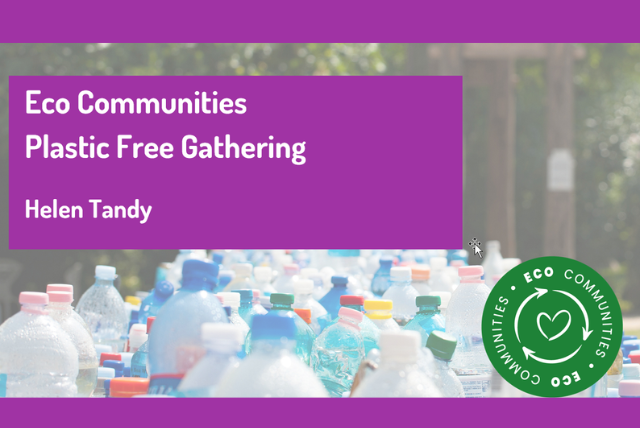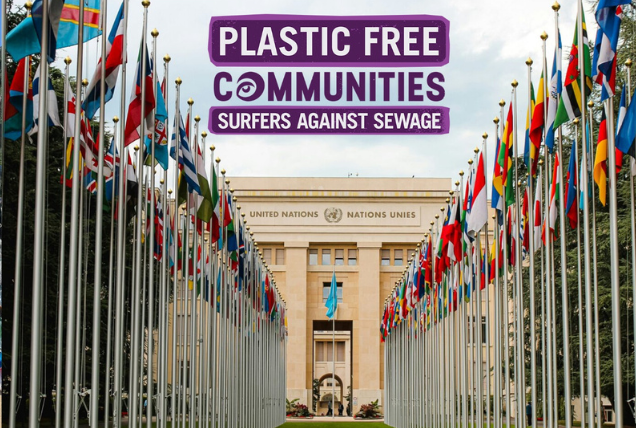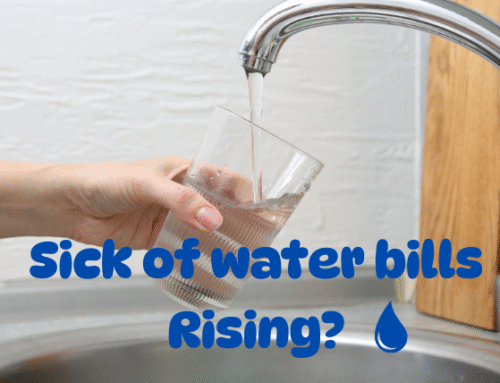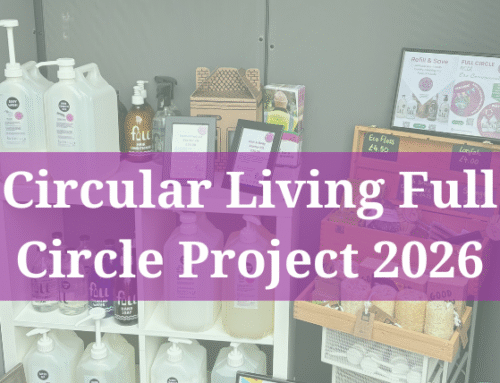
It was great to be part of the first Plastic Free Gathering today as a speaker in the Plastic Free Communities session (although remotely) Some great speakers and some reassurance from some much larger organisations about reusable coffee cup schemes.
Our Presentation – online by Helen
Today’s Plastic Free Gathering closed with a powerful and thought-provoking session that brought together research, policy, and grassroots voices to chart the way forward in tackling plastic pollution. I had the privilege of speaking alongside experts from the Revolution Plastics Institute (RPI) and Everyday Plastic, who are shaping the global conversation with evidence, creativity, and community power.
The Global Plastics Treaty – Progress and Politics

We also explored the current state of the UN global plastics treaty negotiations. Hopes were high after the 2022 resolution to deliver a legally binding treaty within three years – an ambitious timeline compared to most international agreements. But despite multiple rounds of negotiations, talks in Geneva recently collapsed without consensus.
Two opposing blocs are shaping the debate:
-
The High Ambition Coalition, including the UK and over 100 nations, calling for production caps, the removal of unnecessary plastics, and a just transition.
-
The Like-Minded Group, led by Russia and Saudi Arabia, with US alignment, pushing a weaker agenda focused only on waste management and resisting restrictions on production or toxic chemicals.
Industry lobbying has further muddied the waters, with researchers even facing hostility for presenting evidence. The path ahead remains uncertain, with possibilities ranging from breakaway treaties by ambitious nations to prolonged stalemate.
Everyday Plastic & The Big Plastic Count – Community Power
Where global negotiations stall, community engagement is proving transformative. Dan from Everyday Plastic shared the story of the Big Plastic Count, which mobilised nearly half a million people to log over 11 million pieces of plastic waste in 2022 and 2024. The findings were stark: the UK discards almost 2 billion items of plastic every week, most destined for incineration or export.
Recycling, as Dan emphasised, cannot solve this crisis. Instead, the campaign reframes plastic not as a personal failure but as a systemic problem tied to overproduction and inequality. Using storytelling, data, and creativity, Everyday Plastic turns abstract issues into personal, political action – empowering everyday people to become activists.
Looking ahead, the Big Plastic Count 2026 launches on 9 March, with ambitions to expand across Europe. Importantly, the campaign is committed to greater inclusivity, recognising that marginalised communities bear the heaviest burden of plastic pollution yet are often absent from environmental movements.
Plastic as a Climate and Justice Issue
Dan underlines that plastic pollution is not just an environmental issue – it’s a climate crisis and a justice crisis. If plastic production were a country, its lifecycle emissions would rank among the world’s top greenhouse gas emitters. Without action, production is set to triple by 2060, making climate goals unreachable.
Meanwhile, communities living near petrochemical plants face disproportionate health risks while contributing least to the problem. Tackling plastic means addressing these power imbalances and ending dependence on single-use materials, not relying on recycling or voluntary pledges.
Building Momentum – What’s Next?
The final session closed with optimism. Despite political divides and industry resistance, events like the Plastic Free Gathering show the strength of collaboration – researchers, campaigners, and communities coming together to share evidence, ideas, and action.
The fight against plastic pollution is tough, but today showed that when science, policy, and community come together, real change is possible.




